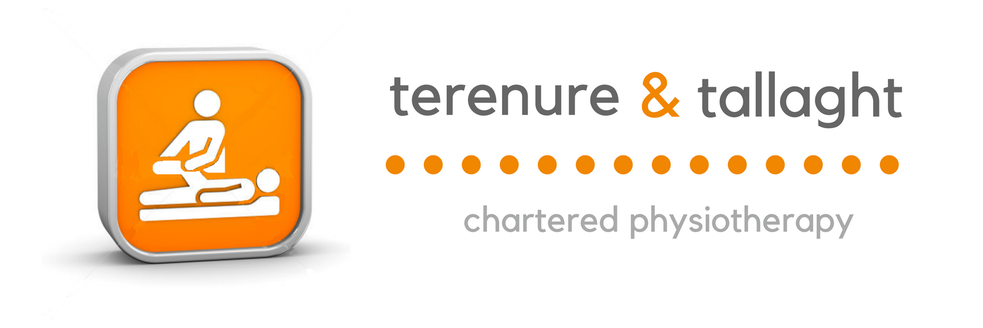|
Orthopaedics is that area of medicine concerned with the bones, joints, muscles, tendons, ligaments and fascia. Orthopedic Physiotherapists are therefore concerned with ensuring that your skeleton and all those bits and pieces around the bones are in good shape. Musculoskeletal is another term used to describe these connected systems around the bones. And Orthopaedic Physiotherapists have advanced education and skills to assess and treat injuries and conditions that involve the skeleton (bones), muscles, tendons, ligaments and fascia. CONDITIONS TREATED BY AN ORTHOPAEDIC PHYSIOTHERAPIST
If you have had a sports injury, a fall, are about to have or have recently had surgery, or injury from repetitive use of a joint, you may benefit from seeing an Orthopaedic Physiotherapist. Typical conditions that call for Orthopaedic Physiotherapy include: KNEE
HIP
FOOT AND ANKLE CONDITIONS
ARM, WRIST AND HAND CONDITIONS
SHOULDER CONDITIONS
SPINE CONDITIONS
OTHER CONDITIONS
TREATMENTS FOR MUSCULOKELETAL CONDITIONS Treatment is aimed at getting you back to your best by restoring your strength, flexibility and range of motion. There are five types of tools that may be used during your sessions.
You will do exercises that are meant to improve and increase your:
Exercise is normally the hardest part of your recovery. However, it is the element that will normally make the most difference and lead to the quickest and most complete recovery. Your Chartered Physiotherapist will be able to expertly guide you through the process. If you are suffering with a musculoskeletal issue, please get in touch for an assessment at either our Terenure Physio clinic or our Tallaght Physio clinic.
1 Comment
Leave a Reply. |
AuthorHi! I'm Niav. I've been a Chartered Physio for quite some time, so I've pretty much seen it all! I love my job, getting people back into shape and putting the smile back on their face. ArchivesCategories |
HoursOpening times:
Monday - Friday 07.00 - 17.00 Evening appointments coming soon websitewww.terenureandtallaghtphysio.com
privacy policy |
phone & faxTerenure:
P: 01 4908979 Fax: 01 4920273 Tallaght: P: 01 4521907 Fax: 01 4524407 M: 086 878 0220 (for both clinics) |
Website by Juice Marketing
|

 RSS Feed
RSS Feed
